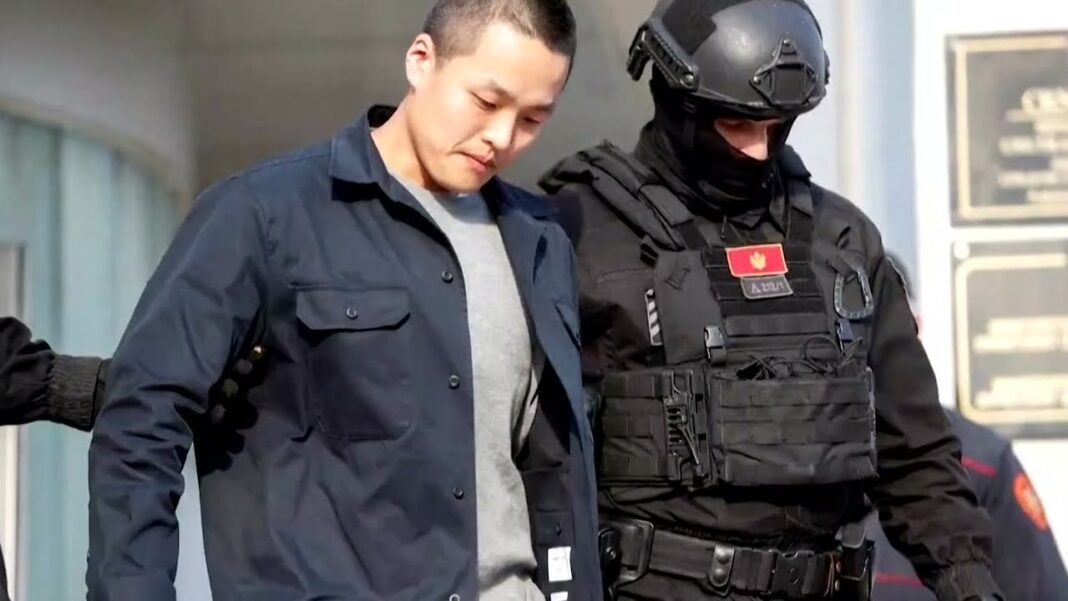The U.S. ambassador said China’s influence in the area could threaten global trade and security, while the Chinese ambassador denied the accusation.
Chinese and U.S. representatives clashed on Monday at a U.N. Security Council meeting over the Panama Canal amid an ongoing battle over control of the waterway that connects the Atlantic and the Pacific oceans.
Acting U.S. Ambassador Dorothy Shea raised concerns about Beijing’s “outsized influence” in the area, while Chinese Ambassador Fu Cong denied that Chinese influence on the ports has affected the neutrality of the canal.
The clash took place at a U.N. Security Council meeting on maritime security, where the chair of the meeting, Panama’s President José Raúl Mulino, stressed the neutrality of the canal and his country’s ownership of the waterway.
Fu said that Panama has “consistently and effectively managed the canal,” and that Beijing has “always respected the permanent neutrality of the canal.”
Shea said the Chinese regime has an “outsized influence over the Panama Canal area, especially over critical infrastructure and port operations,” and that the influence “is not just a risk to Panama and the United States, but rather a potential threat to global trade and security.”
In response, Mulino said he wanted to stress Panama’s sovereignty “in terms of the ownership of the canal” and the multilateral treaty governing its administration. He called the canal’s neutrality “the only and the best defense” to any specific or global threats.
The United States built the canal between 1904 and 1914, and controlled the area until 1999, when it handed control over to Panama under a 1977 treaty signed by U.S. President Jimmy Carter and Panamanian military leader Omar Torrijos.
The control of the waterway has been a focus of U.S. President Donald Trump, who suggested the United States should take it back because of growing Chinese influence over the canal and alleged overcharging of U.S. ships for using the waterway.
U.S. Secretary of State Marco Rubio has also sounded the alarm over control of port facilities at both ends of the canal by a Chinese company, saying the regime could use the canal “as a choke point to impede commerce in a moment of conflict” during his confirmation hearing in January.
By Lily Zhou







